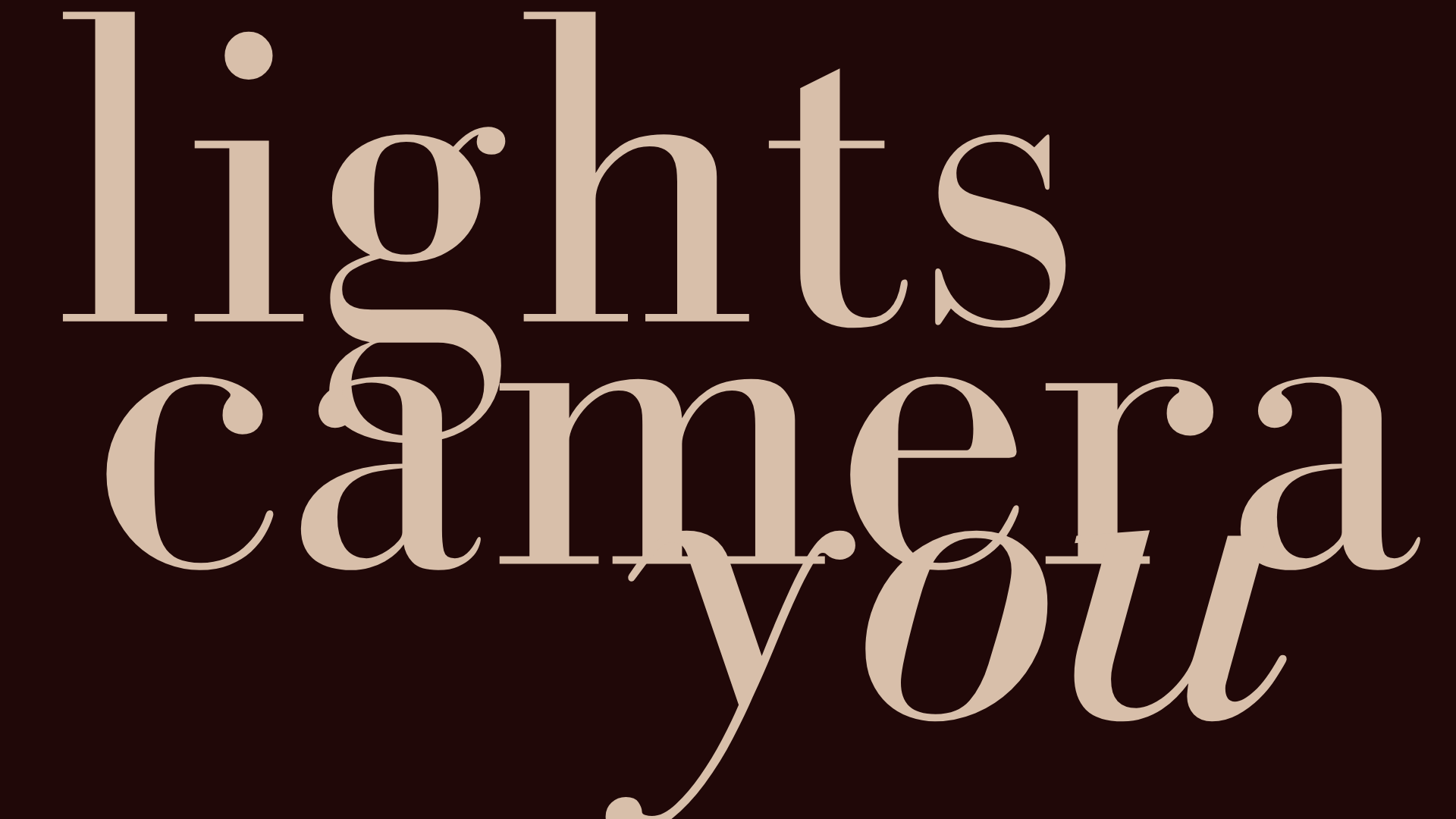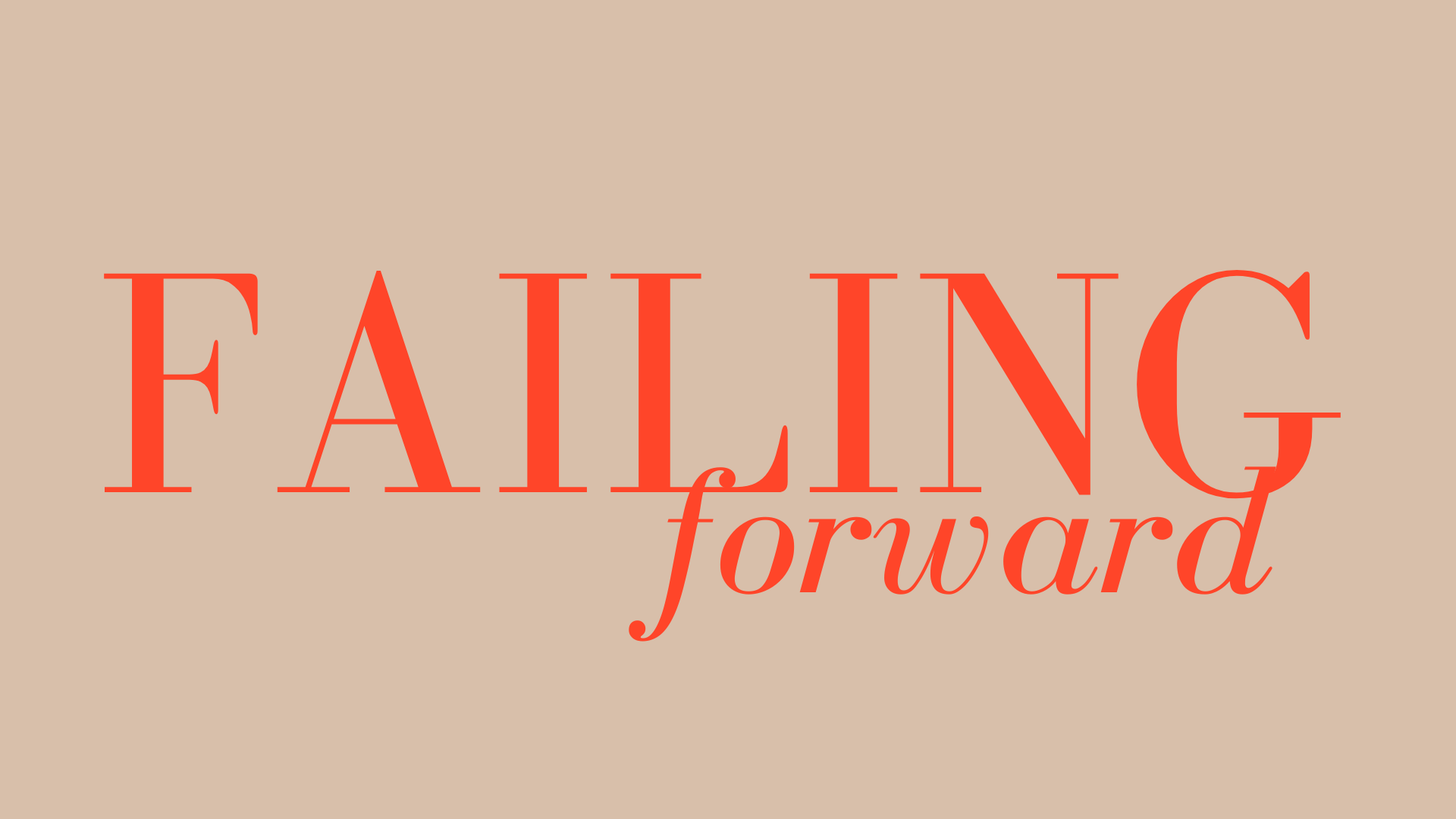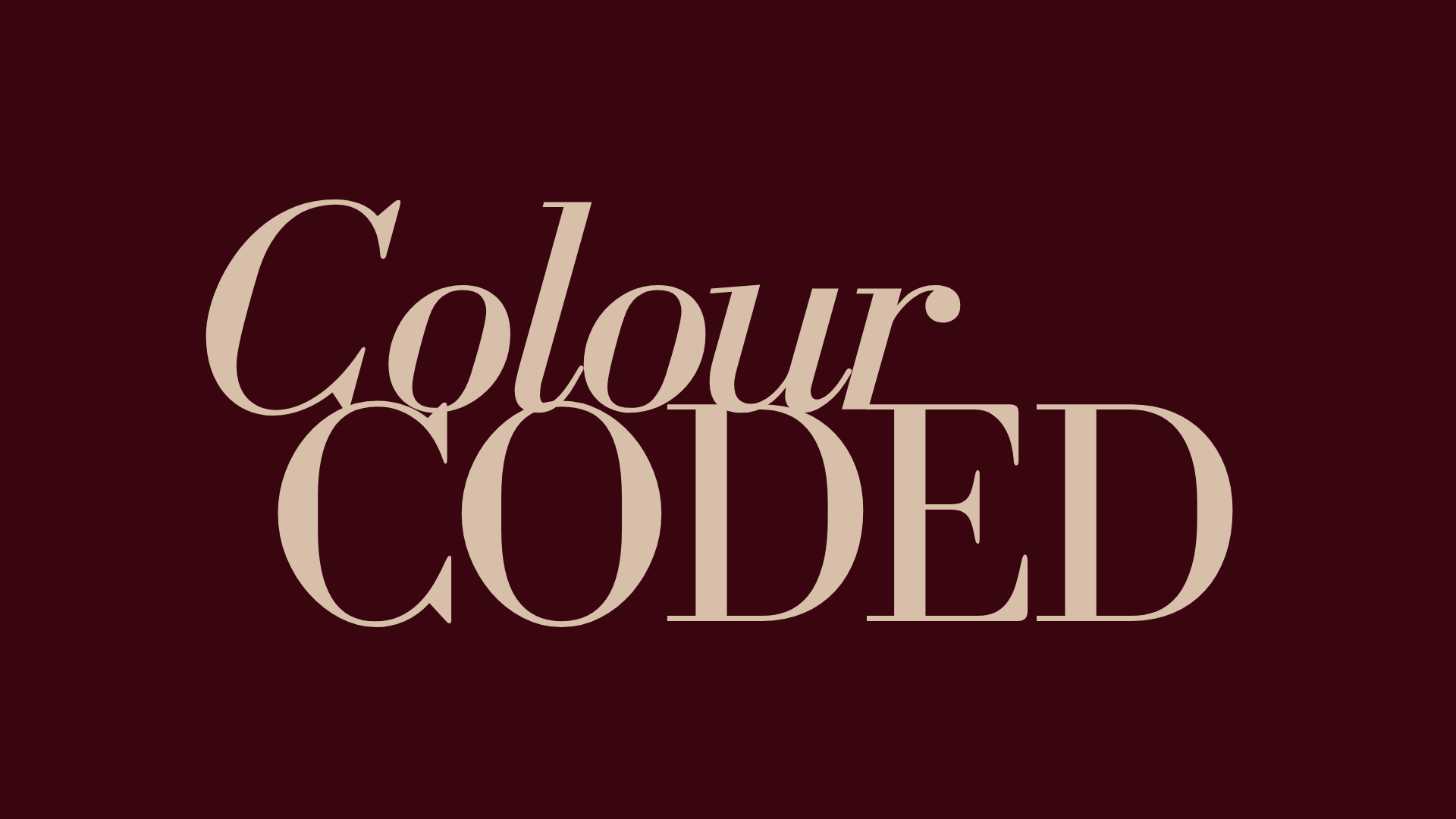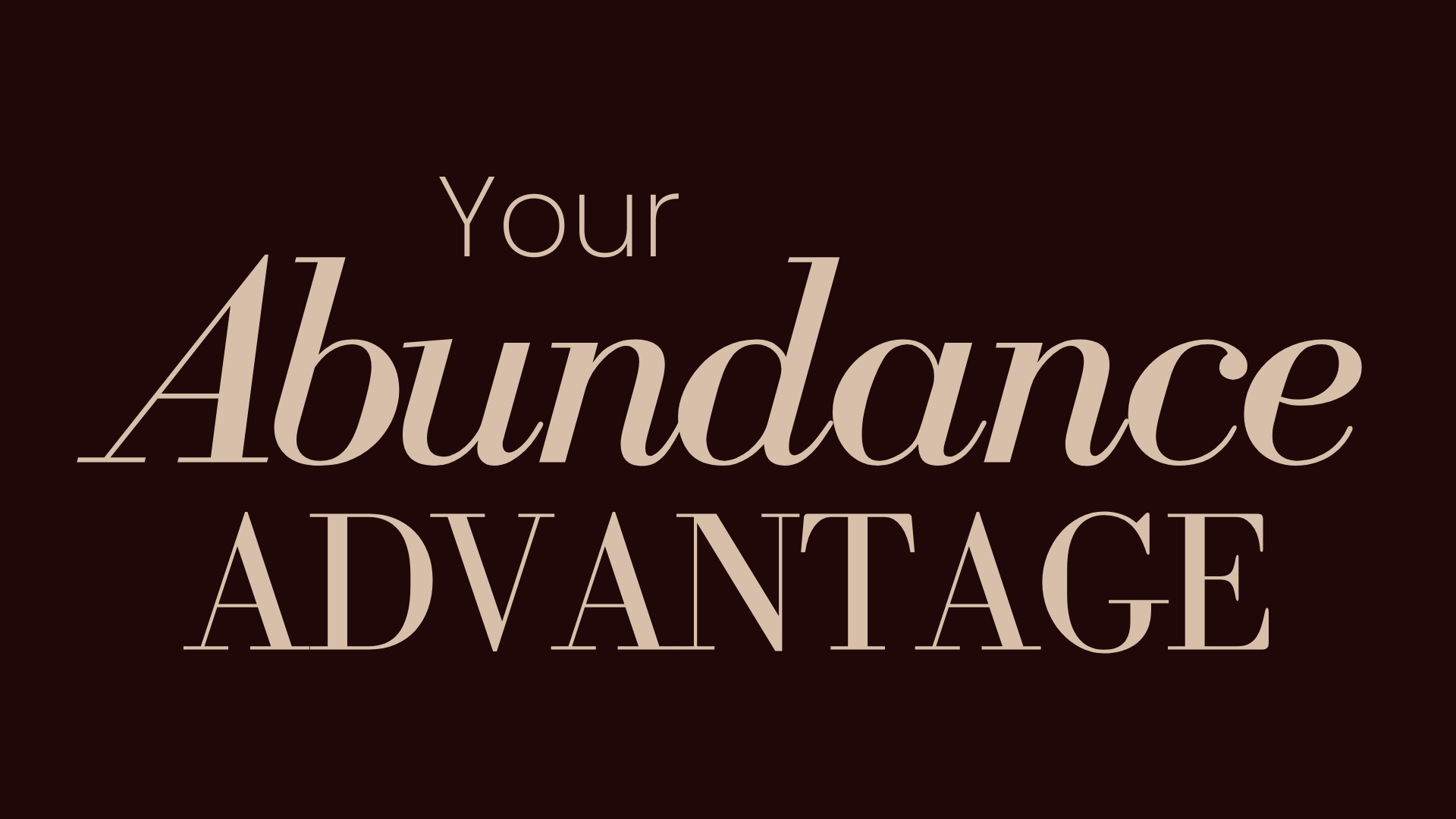You are the Media. How Personal Brands are Changing Everything.
Your time is now. There has never been more opportunity for you and your personal brand to become the media. The world is moving away from traditional media and celebrities, and toward relatable voices.
If you wondered how the seemingly ‘tight race’ of the recent US election was won so conclusively, you’ve likely been missing one of the most significant shifts in the media and communication landscape.
Whether you care about politics or not, the recent election shines a light on a media trend that’s paving the way for the everyday person and their personal brand to become the new media. Whatever you’ve thought about sharing - from your hobby, lifestyle or expertise - now is the time to start that podcast or YouTube channel for your personal brand. Because the world is shifting to relatable voices like never before. This blog breaks down how:
Traditional media is dying
A 2024 Gallup poll out of the US showed that Americans continue to display record-low trust in mass media. Just 31% of participants expressed a “great deal” or “fair amount” of confidence in the media to report the news “fully accurately and fairly”. This was 32% in 2023. Trust in newspapers, television and radio first fell to 32% in 2016. For three consecutive years now, more adults have no trust at all in the media - at 36%, than those who trust it a “great deal” or “fair amount”. Additionally, another 33% have “not very much confidence”.
The downward trend has been on the decline for decades. Gallup first started asking this question in the 1970s. Results ranged from 68%-72%. In the 90s and early 2000s, this dropped to between 51%-55%.
For further context, this puts the media below branches of government and has now fallen below Congress for the bottom position on the poll. The big players are paying attention to this seismic shift in the media landscape.
Jeff Bezos, Amazon founder and owner of The Washington Post, recently wrote an op-ed titled, “The hard truth: Americans don’t trust the media.” He said:
“Our profession is now the least trusted of all. Something we are doing is clearly not working.”
“It would be easy to blame others for our long and continuing fall in credibility (and, therefore, decline in impact), but a victim mentality will not help. Complaining is not a strategy.”
“The Washington Post and the New York Times win prizes, but increasingly we talk only to a certain elite. More and more, we talk to ourselves.”
Celebrities have lost their influence
Perhaps one of the biggest personal brands in the world, Taylor Swift, shared her endorsement of Kamala Harris immediately after the presidential candidate debated Donald Trump. It was initially thought by many that the endorsement from this mega personal brand was of huge significance.
An ABC News/Ipsos poll later showed that 81% of voters surveyed said the endorsement did not influence their vote. Just 6% said they were more likely to vote for Harris. And it may have even hurt Harris’ personal brand. 13% of people polled said the endorsements made them less likely to back the Democratic ticket.
Taylor Swift wasn’t the only one. A line-up of mega-celebrities endorsed Kamala Harris for President during her election race: J-Lo, Beyonce, LeBron James, Eminem, Leonardo Dicaprio, Bruce Springsteen, Usher and the A-list list goes on…and on. The combined following of just some of the biggest names backing Kamala was close to, if not over, a billion, and Harris had a billion-dollar campaign budget to match. And yet, these mega-personal brands didn’t seem to move the dial. Plus, just a few extra minutes of research on the part of the Harris campaign would have shown that many of these celebrities, for various reasons, had significantly fallen out of favour with everyday people as of late.
No one is disputing our interest in celebrities. We might love their latest songs, outfits or movies and want to watch them on the court, but it doesn’t mean we trust them. Let alone trust them enough for them to influence our opinions and behaviours. Fame doesn’t equal influence. So, if celebrities have little meaningful influence, then who does? The personal brand of everyday people like you.
You are the new media
The Almanack of Naval Ravikant quotes Ravikant as saying:
“Code and media are permissionless leverage. They’re the leverage behind the newly rich. You can create software and media that works for you while you sleep… If you can’t code, write books and blogs, record videos and podcasts.”
When you have a platform for your personal brand, instead of just chasing media, you become the media. And by becoming the media, you create a new form of leverage for your personal brand.
Influence by Sara McCorquodale shows how influencers’ personal brands are changing the future of the world.
While most who are one don’t like the term ‘influencers’, she says:
“Broadly, they believe their value lies in their ability to build communities through consistent, relatable, authoritative and regular content.”
Because of their ability to turn the attention of their personal brand into communities online, they are the new media:
"The word influencer is symbolic of a new kind of media mogul – one who is independent, industrious and has capitalised on their online popularity to launch further creative projects and successful startups.”
The power of podcasters
Trump’s 18-year-old son, Barron Trump, has been credited for much of Trump’s successful media strategy. He is said to have encouraged his father to go on podcasts where he reached new audiences. But just booking a spot on a top podcast isn’t enough for your personal brand. You have to win hearts and minds. Long-form content, such as Trump’s 3-hour Joe Rogan podcast, gives you a chance to show people the personality of your personal brand in a way traditional media can’t.
In Influence, McCorquodale says much of influencers’ appeal comes down to reliability:
“…like celebrities, their followers – their fans – aspire to their lifestyle, but unlike celebrities, their lives are presented as relatable and achievable.”
"Like traditional media, they share information; unlike traditional media, it is all from a personal perspective.”
For those with an engaging personal brand, their community is made to feel like they know them directly. This is what separates these personal brands from the personal brands of celebrities.
McCorquodale proposes a Venn diagram where celebrity and media overlap. The space of the overlay is where the influencer exists. This is why personalities like Joe Rogan have actual influence. They don’t need to be an expert in anything in particular, nor do they pretend to be. But podcasters build trust with their audience over the long term, so their opinions (and endorsements) matter more.
Many of the personal brands topping the podcasts charts aren’t household names. But, they have had success in their careers, earned respect in their community and converted this into a broader personal brand. Or, their personal brand has been built almost entirely from the ground up totally online. Either way, podcasts have shifted power to the people.
The expert influencer
Not all celebrity personal brands are equal.
Most people on the Right side of the US Presidential campaign will tell you one endorsement marked a turning point in Trump’s campaign - Elon Musk’s. When Musk, a former Democrat supporter, was one of the only big-name celebrities to endorse the Republican candidate, people paid attention.
The Musk endorsement wasn’t just significant because he was formerly the richest man in the world and owned six companies. Plenty of Harris’ supporters had eye-watering wealth and success, too. As the most followed account on X, he was building his personal brand and trust with his audience based on his opinions, values and personality. His endorsement felt genuine and relevant because his audience knew what he stood for - not just through a one-time speech, but day in and day out. When he chose to align his personal brand with Trump’s, people wanted to know why.
YouTube is the new TV
Early this year, YouTube accounted for 10.4% of all TV viewing - it was the first streaming platform to break the 10% barrier.
82 million people tuned in to the US election day via streaming, with 80% of that on YouTube. Nielsen reported that traditional broadcasts and cable watchers attracted 42 million viewers across 18 television networks - down more than 25% from the last election cycle.
Some research has shown that for over 50% of people, YouTube is the first app viewers open on their TVs. YouTube is the new TV. And it’s never been easier for the average person to earn their way to a starring role on the platform through their personal brand.
So, don’t wait. There has never been more opportunity available to the everyday person to use their personal brand to create their own media empire than there is today - so start now.




